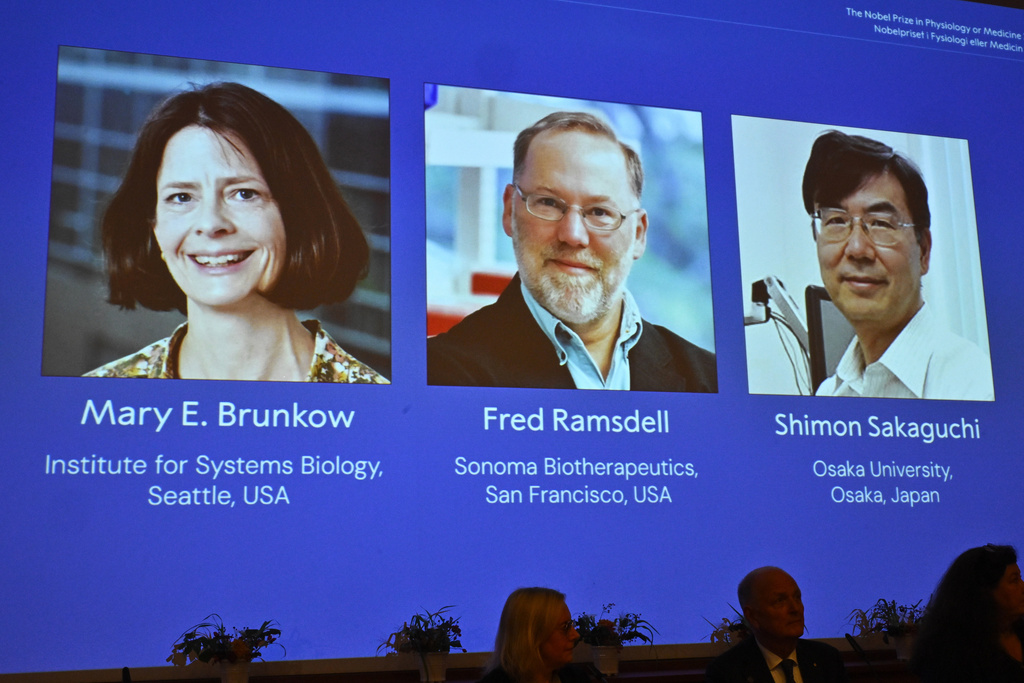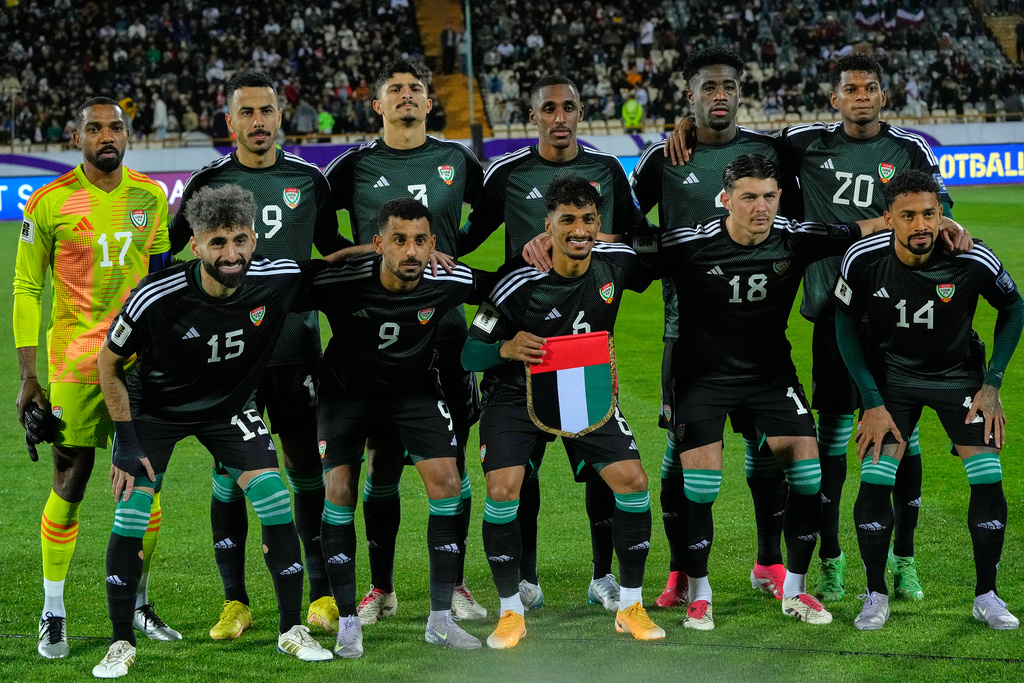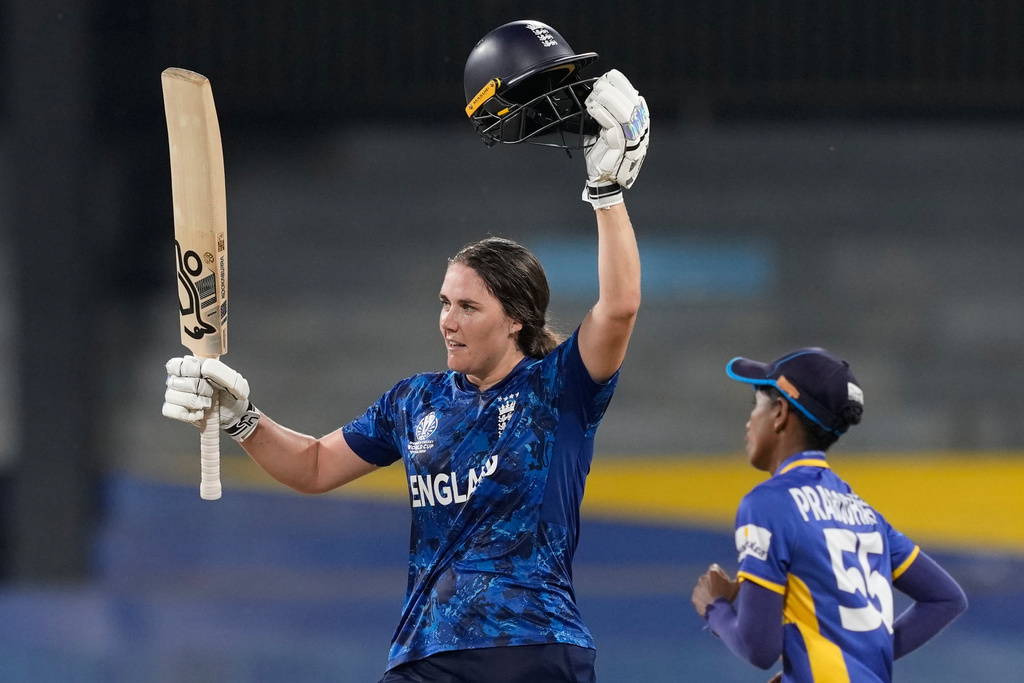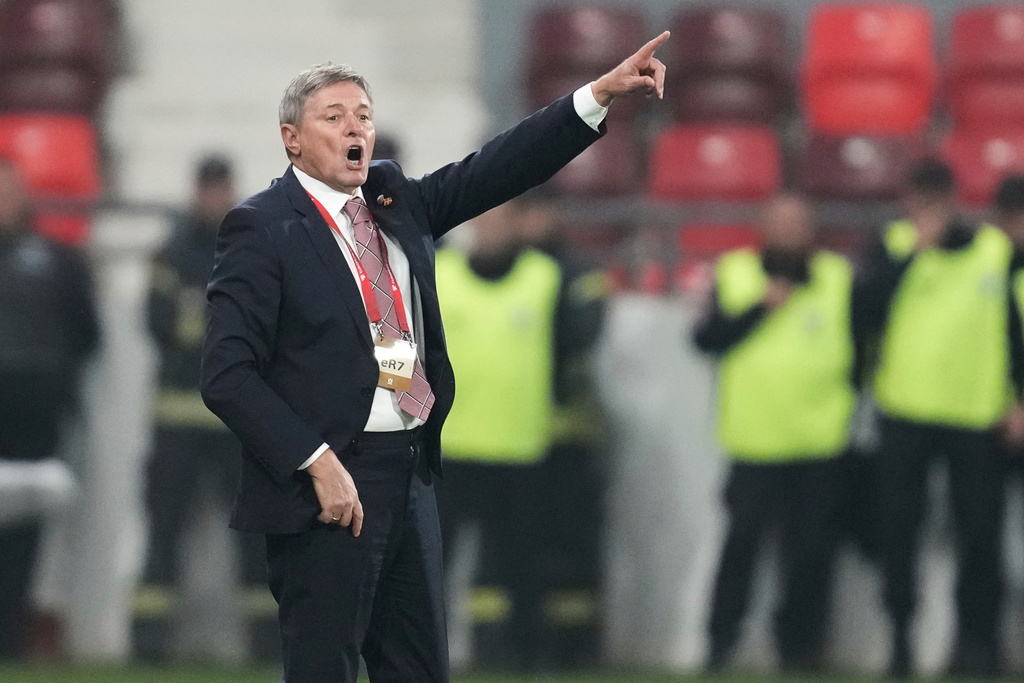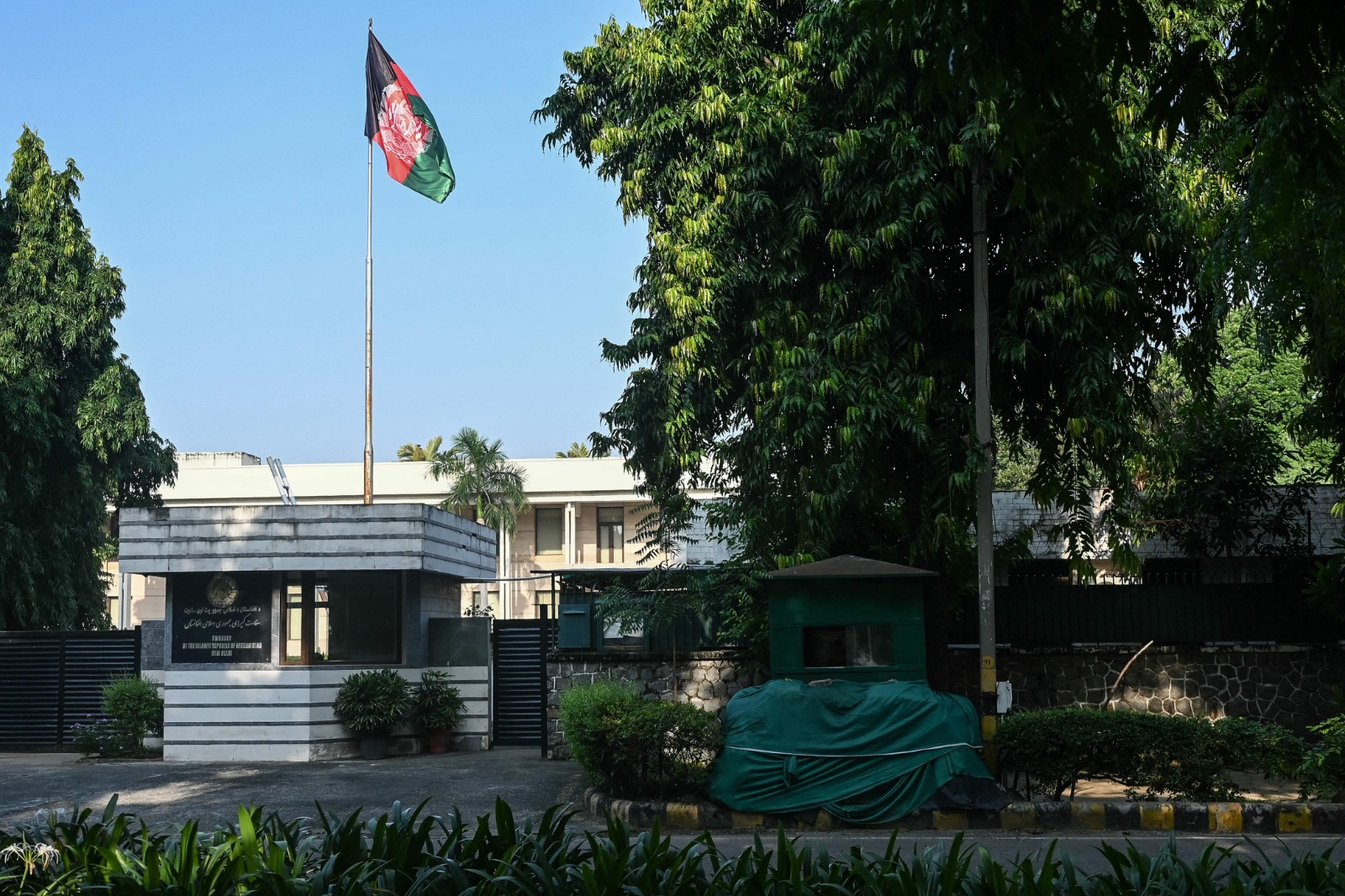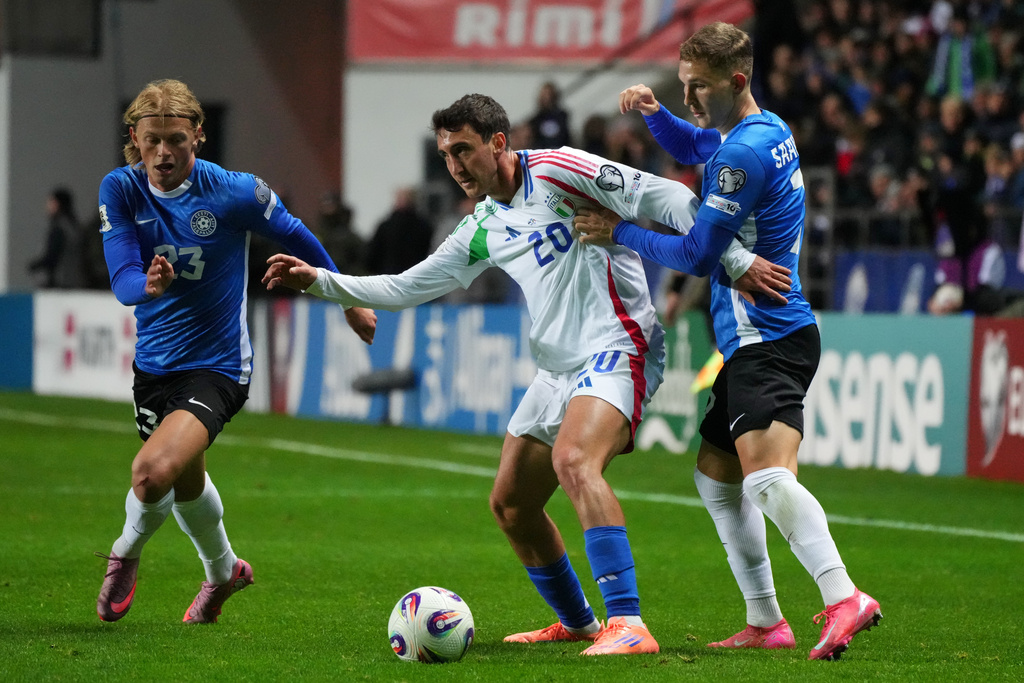STOCKHOLM: Mary E. Brunkow, Fred Ramsdell and Dr. Shimon Sakaguchi won the Nobel Prize in medicine on Monday for their discoveries concerning peripheral immune tolerance.
Brunkow, 64, is a senior program manager at the Institute for Systems Biology in Seattle. Ramsdell, 64, is a scientific adviser for Sonoma Biotherapeutics in San Francisco. Sakaguchi, 74, is a distinguished professor at the Immunology Frontier Research Center at Osaka University in Japan.
Brunkow received the news of her prize from an AP photographer who visited her home in the early hours of the morning.
She said she had ignored the earlier call from the Nobel committee. “My phone rang and I saw a number from Sweden and thought: ‘That’s just, that’s spam of some sort.'”
The immune system has multiple overlapping systems to detect and combat bacteria, viruses, and other pathogens. Key immune warriors, such as T cells, are trained to recognize and target harmful agents. If some instead go awry in a way that might trigger autoimmune diseases, they’re supposed to be eliminated in the thymus — a process called central tolerance.
The Nobel winners unraveled an additional way the body keeps the system in check.
The Nobel Committee stated that it began with Sakaguchi’s discovery in 1995 of a previously unknown T cell subtype, now known as regulatory T cells or T-regs.
Then, in 2001, Brunkow and Ramsdell discovered a culprit mutation in a gene named Foxp3, a gene that also plays a role in a rare human autoimmune disease.
The Nobel Committee stated two years later that Sakaguchi linked the discoveries, showing that the Foxp3 gene controls the development of those T-regs, which in turn act as a security guard to identify and curb other forms of T cells that overreact.
The work opened a new field of immunology, said Karolinska Institute rheumatology professor Marie Wahren-Herlenius. Researchers around the world are now working to use regulatory T cells to develop treatments for autoimmune diseases and cancer.
“Their discoveries have been decisive for our understanding of how the immune system functions and why we do not all develop serious autoimmune diseases,” said Olle Kämpe, chair of the Nobel Committee.
Thomas Perlmann, Secretary-General of the Nobel Committee, stated that he was only able to contact Sakaguchi by phone on Monday morning.
“I got hold of him at his lab, and he sounded incredibly grateful, expressing that it was a fantastic honor. He was quite taken by the news,” Perlmann said. He added that he left voicemails for Brunkow and Ramsdell.
The award is the first of the 2025 Nobel Prize announcements and was announced by a panel at the Karolinska Institute in Stockholm.
Nobel Prize announcements continue with the physics prize on Tuesday, the chemistry prize on Wednesday, and the literature prize on Thursday. The Nobel Peace Prize will be announced on Friday, and the Nobel Memorial Prize in Economics will be announced on October 13.
The award ceremony will be held on Dec. 10, the anniversary of Alfred Nobel's death, who founded the prizes. Nobel was a wealthy Swedish industrialist and the inventor of dynamite. He died in 1896.
The trio will share the prize money of 11 million Swedish kronor (nearly $1.2 million).
